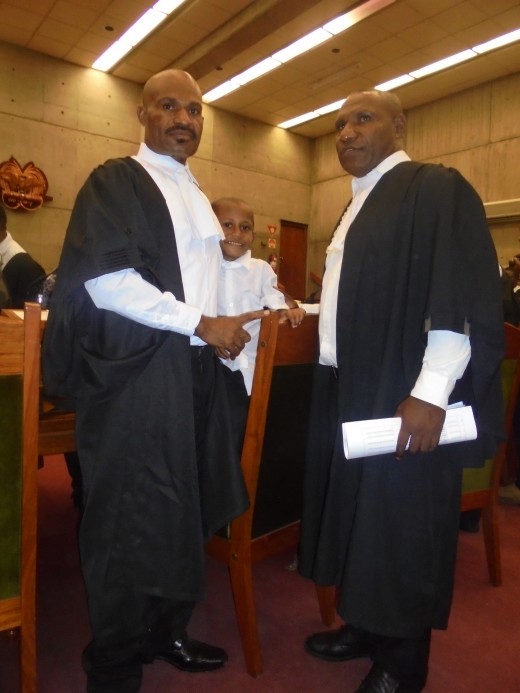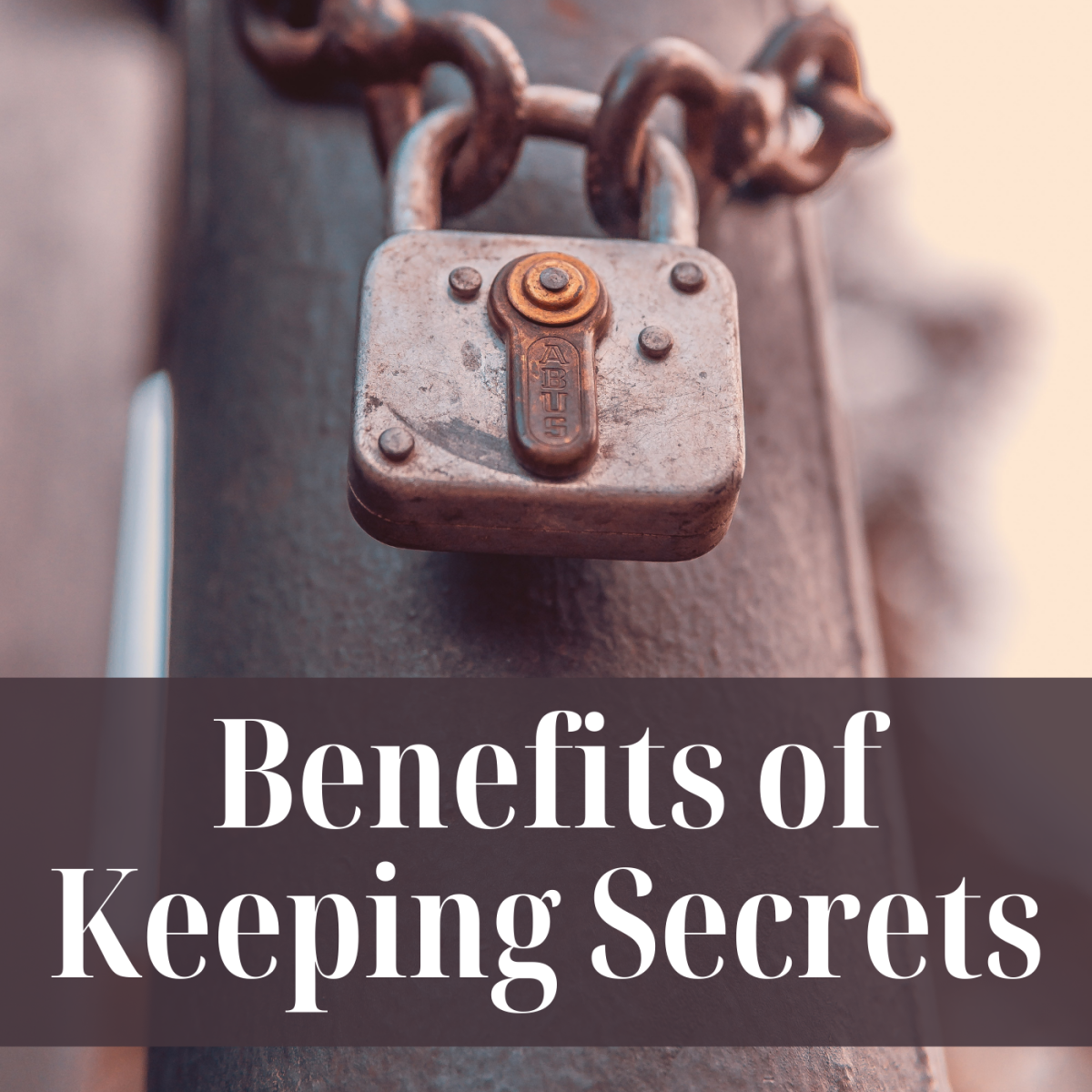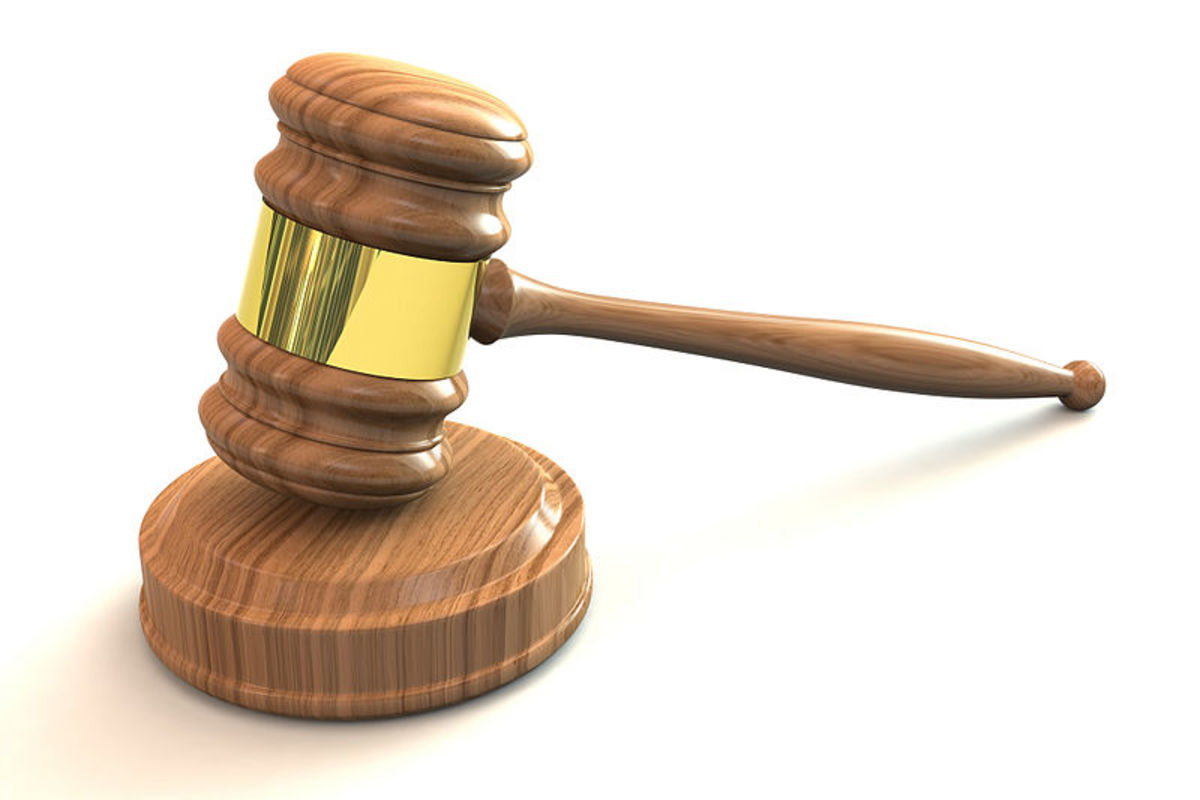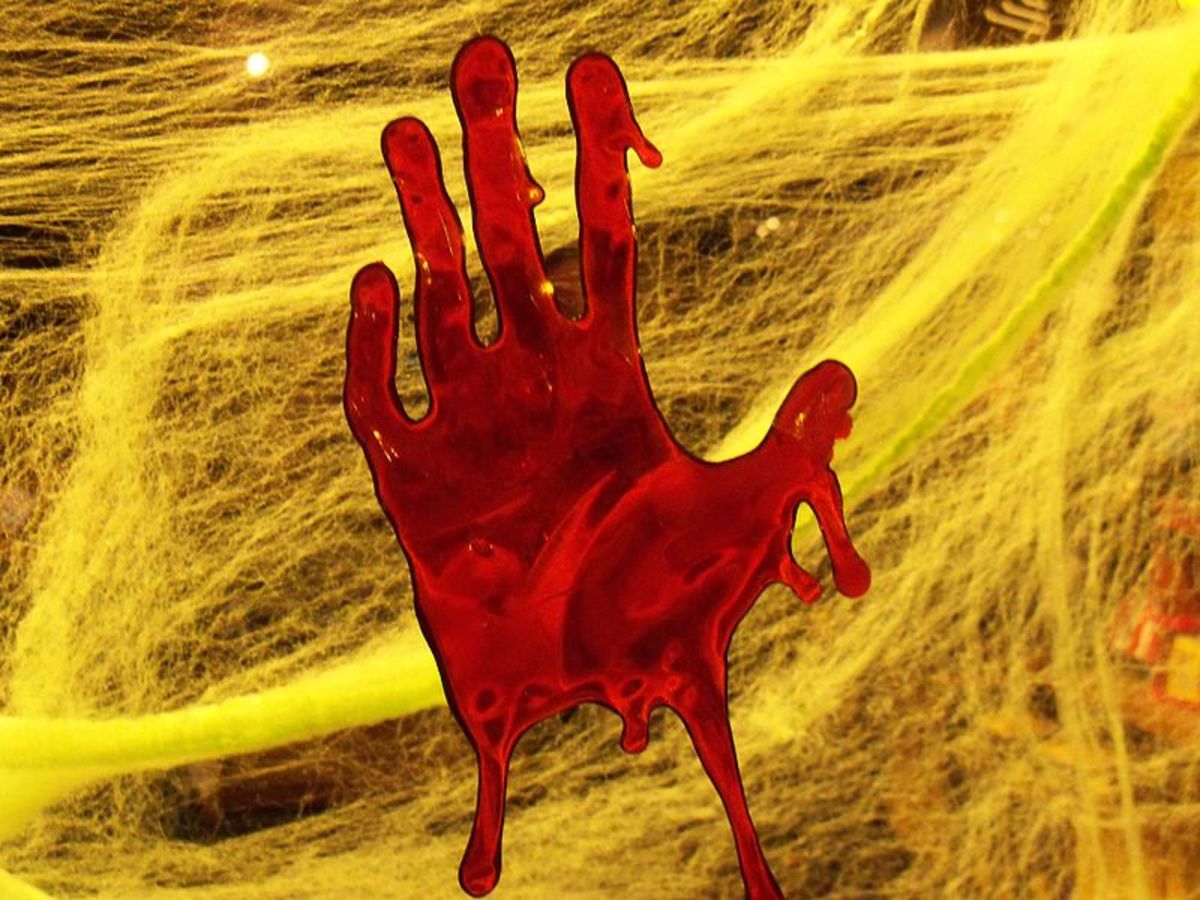Probate Case in Succession Law
Three types of Trusts and others

A. SECRET TRUST
A secret trust arises when X dies leaving property to Y, but Y has been entrusted to undertake the obligation to hold the property on trust for Z.
B. HALF SECRET TRUST
Such trust arises under a will, refers to trust existence, but does not indicate its terms or beneficiaries identity. The property is left to Y on the trust which he knows about use of it. Where the will provides that primary donee holds the property on trust, however, the terms of the trust and thus the names of beneficiaries are clearly shown.
At times, the primary donee may decline such trust or may be in good terms with the beneficiaries and given such property to the beneficiaries as per the intention of the deceased. Equity considers it a fraud on the part of a person to whom a property is entrusted to the trustee, and knows it was taken for himself, denying the trust under a oral declaration of trust of the property may enforce the trust not withstand the lack of written evidence required by the Public Curator or the National Court.
C. FULLY SECRET TRUST
Arise under a will on intestacy. Fully secret trust arises under a will where there is , and no reference in the will which leaves the property to Y.
Fully secret trusts are in the hands of the first primary donee. They lack the evidence pertaining to their existence and terms. Such trust to be valid, it shall be exposed that the intention, of deceased be communicated correctly to the trustee and thus the trustee willingly accepted it obligations. The intention of the deceased is one of three certainties and it applies to such fully secret trust and also same to other expressed trusts.
The elements to be present are as follows:
1: Intention of the deceased,
2: Communication of that intention from deceased to primary donee,
3: Acceptance of that obligation by primary donee for the secondary donee.
THE PRINCIPLE IN THE CASE OF RECHEFACULT v BOUSTED (1879) 1CH. 196 (p.124)
Firstly, see this Maxim: "Equity will not allow a statute to be used as a cloak of fraud". The principle was developed by the courts of equity to prevent persons from taking unfair advantage of statutory formalities of provisions which are intended to prevent rather than to encourage fraud. In Papua New Guinea, an Express Trust may be enforced despite the fact it is not in the form required by the Fraud and Limitation Act 1988 this jurisdiction.
Secondly, this is a second strand of cases which concerns Half Secret Trust, where the principle avoids the formalities of Section 13 of the Wills and Probate Administration Act of Papua New Guinea.
Thirdly, other important doctrines found under equity based on the maxim prior mentioned. For example:
1. Part Performance
2. Unjust enrichment
Rule in this case, Section 2 (1)(b), FLA 1988, as per quoted: "Equity considers it a fraud on the part of a person to whom land is conveyed as a trustee, and who knows it was conveyed, to deny the trust and claims the land himself".
The Plaintiff in this case was the comitesse de la Rochefoucauld. She won some coffe estate in Sri Lanka, the property was subject to considerable mortgage, which comitesse de la was having difficulty to repay the loan. To prevent mortgage from closing an instrutment was made where the Defendant purchase the land subject to the mortgage. The transfer was disputed, but the Court of Appeal accepted on the basis of both oral evidence and letters that the Defendant took the land as trustee for the Plaintiff. He treated it as if it was his own and made more money on it by way of mortgage with Plaintiff' consent. The Plaintiff's letter asserted her equitable title and claimed an account of profits, but the Defendant said he was beneficial owner of the property.
The Defendant argued that the trust claimed by the Plaintiff was not evidenced in the writing and signed by the Defendant, as required by the Statute of Fraud 1677, as per Section 7.
This argument was subject on the principle that "equity will not allow a statue to be used as a cloak of fraud." Section 13 of the Wills and Probate Administration Act of Papua New Guinea gives a strict requirement of the Will.
Trust arises in a Will, under the "doctrine of Secret Trust." Secret trust arises in a circumstances where a Testator leaves property to X after having communicated with X that X has to hold the property in trust. Will is a public document which opens for public inspection upon the death of the Testator; a Secret trust allows the Testator to provide for an object which he wishes to keep secret. For example, Creator of a secret trust may wish to leave in trust for a benefit of an ex-nuptial child or some political course for which the Testator secretly consented to. Equity forces the secret trust; an equitable object is engrafted upon the deposition which appears on the face of the will as an outright gift, to hold or deal with the property in question, according to the intention of the Testator, communicated to the trustee. The onus of establishing a secret trust is on the person alleging its existence, the standard of proof being the civil court proceedings standard of Balance of probabilities. At most the Statute governing formalities for testamentary disposition doesn't impact on the operation of secret trust.
The three elements of secret trust are as follows: Intention of the Testator, Communication of the intent of testator and acquiescence on behalf of trust.
These three elements remove the secret trust from the governing legislation formalities for testamentary disposition. Under the maxim, "Equity will not allow a statute to be used as a cloak of fraud", the doctrine of secret trust allows the admissibility of evidence to prove a trust over property claimed by a beneficiaries not named in the will against a person (the trustee) denying the trust, in the National Court of Papua New Guinea, which has the jurisdiction.





